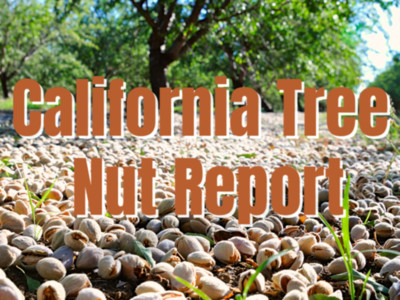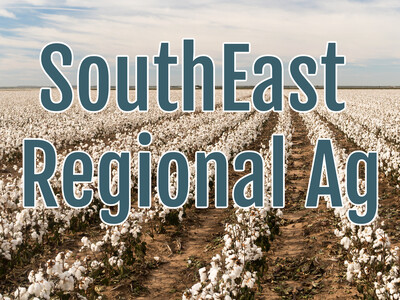FCC Looks Rural & Farming Vets
FCC Looks Rural & Farming Vets plus Food Forethought. I'm Greg Martin with today's Northwest Report.You would think that in this day and age of technology that a simple phone call would be easy. In rural areas of the U.S. it's not. Statistics show that one-in-five long distance phone calls fail so the FCC is adopting some new rules requiring phone companies to collect and report data on the number of rural calls that go through. The commission will now require telephone companies to record, retain and report data on rural call completion - information that to date has rarely been collected or disclosed.
Would you be more apt to buy food grown by farmers who are military veterans?Ag Secretary Tom Vilsack talks about some of the things his department is doing to help veterans get into and make a living in farming.
VILSACK: We have begun to use our traditional programs, our credit programs. More than$107-million dollars credit was extended to veterans by our farm service agency. 230 veterans taking advantage of that. We instructed our Risk Management Agency to focus on making sure that veterans understood and appreciated the various Risk Management tools that could be available to minimize the risk of farming so we have had educational initiatives aimed at veterans. We are seeing a number of states using the beginning farmer rancher program to develop internships, online courses and workshops for veterans.
Now with today's Food Forethought, here's Lacy Gray.
For years now young people have left the family farm for college never to return to the family business of farming. This pattern created a situation where the majority of our nations farmers are over the age of fifty; an age that while not old, is definitely on the other side of prime for any career. But contrary to popular opinion, the family farm and rural life isn't disappearing just yet. Interestingly, many young adults originally from rural communities and fresh out of college are deciding to return to their roots, where the values match their own. Yes, the face of agriculture has changed considerably over the last several years, but that can be a good thing. These talented, intelligent, high achieving young people are just what struggling rural communities need. Perhaps the real challenge is for rural communities to welcome young people back and embrace the promise they represent - making as many resources available to them as they can to help them feel connected and involved with the mainstream of community decision making so they can have a thriving, successful future. These young men and women are after all, our future.
Thanks Lacy. That's today's Northwest Report. I'm Greg Martin on the Ag Information Network.














